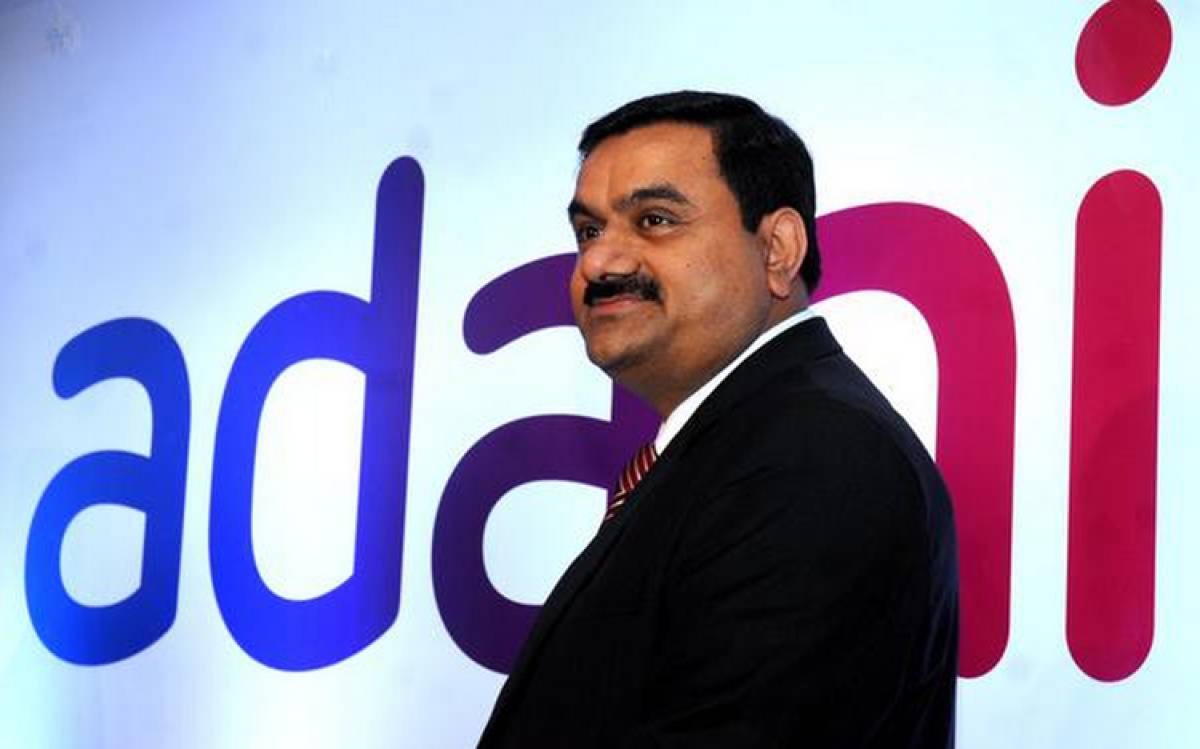The Adani Group, a prominent business conglomerate, has encountered significant challenges in establishing its presence in Sri Lanka's renewable energy industry. Despite expanding its business activities in the port and renewable energy sectors in 2021, Adani has faced obstacles primarily due to the anti-private sector stance of the Ceylon Electricity Board (CEB) and internal issues within the organization.
The CEB's politicization has hindered its ability to effectively support the incorporation of private entities into the renewable energy market. Adani Group, along with other renewable energy investors, eagerly awaits the drafting of the Power Purchase Agreement (PPA) by the CEB, which is a crucial step in finalizing their renewable energy projects. However, the delay in drafting the PPA has not only affected Adani but also other investors in the renewable energy sector.
The challenges faced by Adani Group are not unique to them but reflect a broader issue concerning the absence of well-prepared laws under the Business of Strategic Importance (BSI) framework, which has caused difficulties for other prominent business figures visiting the Port City.
Acknowledging these issues, State Minister Dilum Amunugama has assured that significant efforts are being made by the oversight committee to address these concerns. The committee is actively working on drafting new investment laws that will provide clarity and support for businesses operating in strategic sectors such as renewable energy.
Adani Group's expansion into Sri Lanka's renewable energy sector was met with enthusiasm, but the obstacles encountered in the form of the CEB's anti-private sector stance and the absence of well-prepared laws have posed significant challenges. The drafting of the Power Purchase Agreement and the development of clear investment laws are crucial steps to enable the successful establishment of private entities in the renewable energy market.










